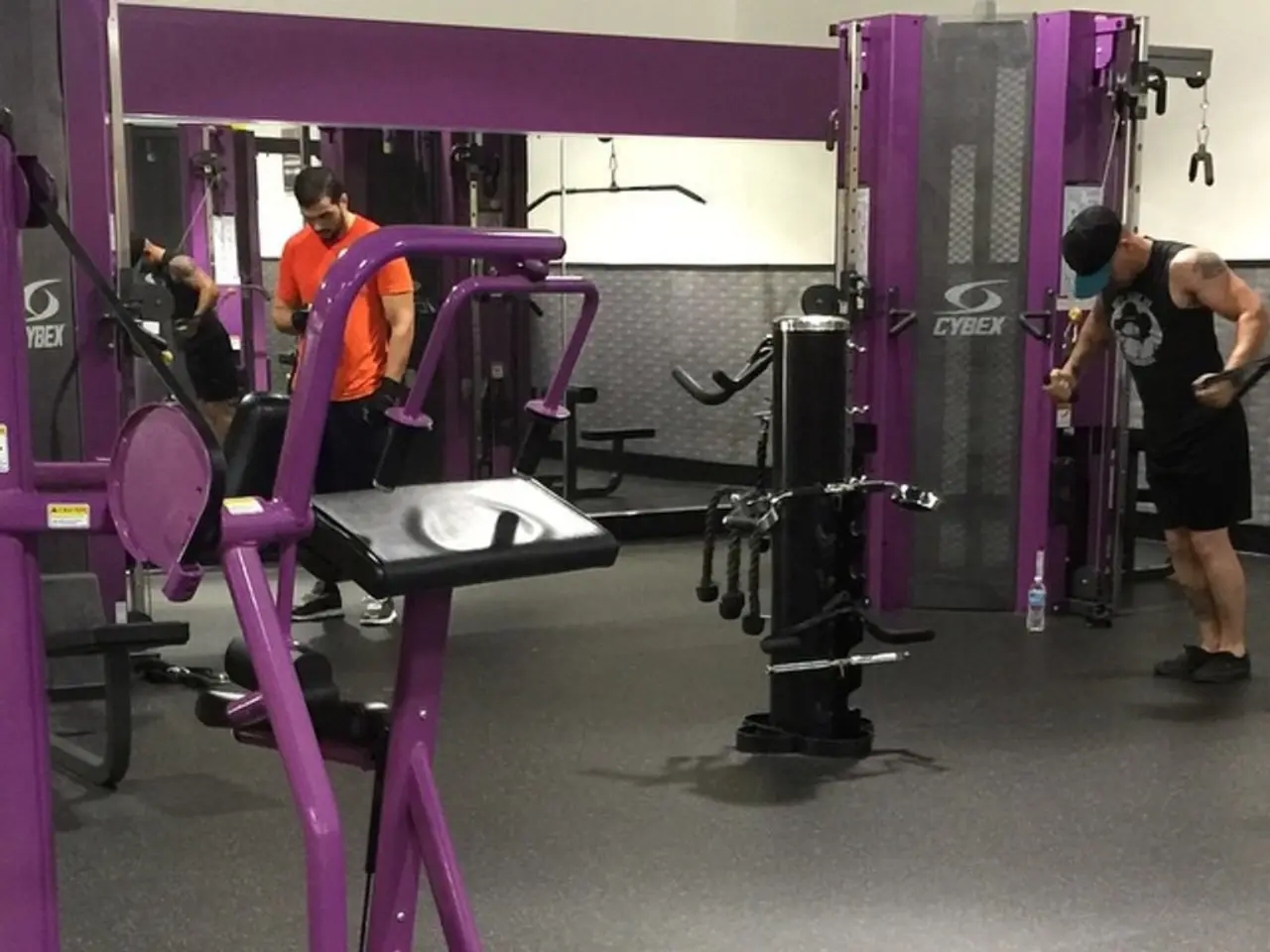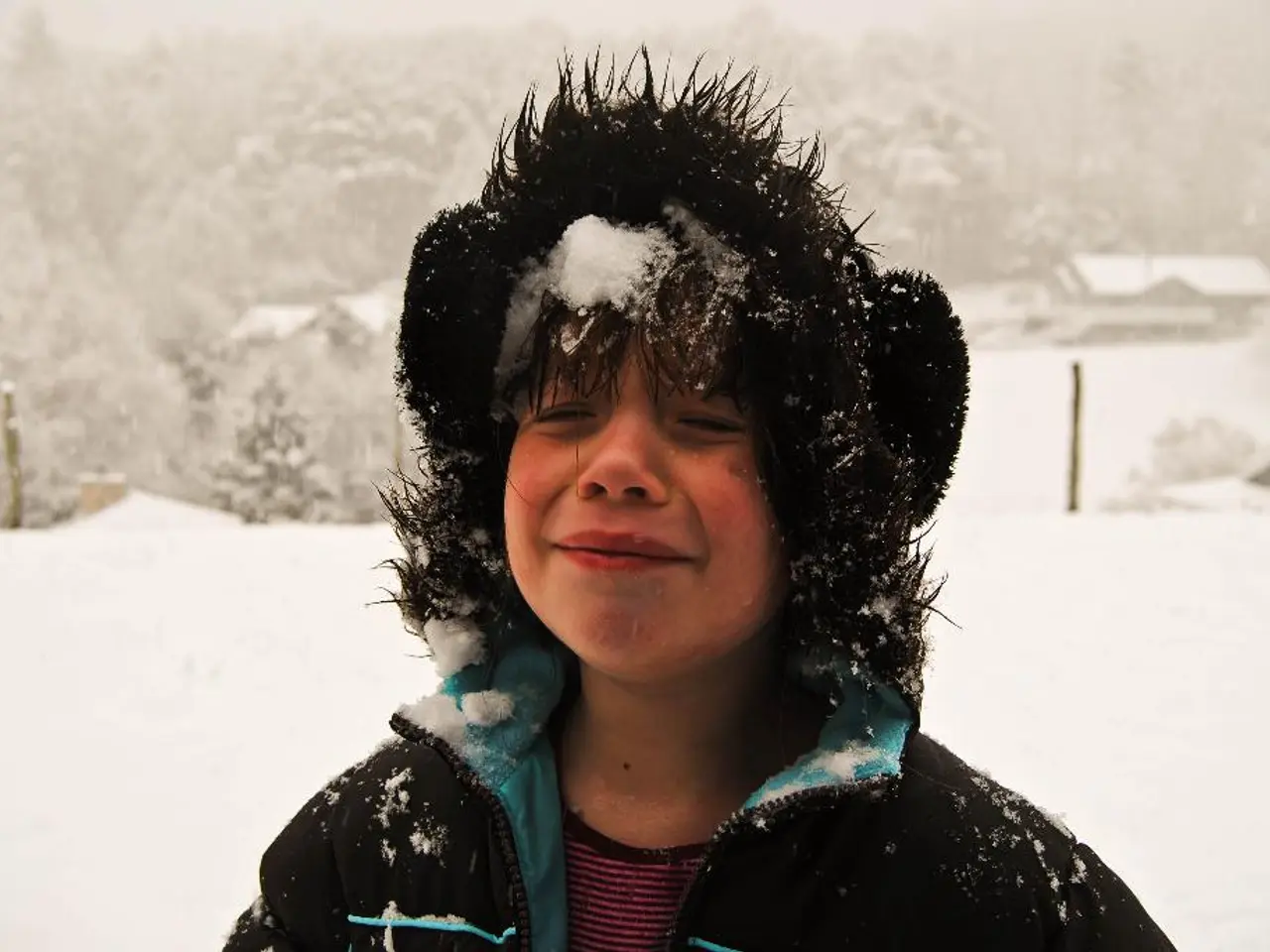Group Learning Experience for Children: Discovering Together at Museo Dei Bambini
In the heart of a bustling city, a unique learning environment offers an intriguing glimpse into the benefits of collaborative learning in early childhood education. The museum, Museo dei Bambini, is a place where children connect, learn, and grow together, embodying the principles of social constructivism.
Parents often express surprise at how easily their children connect with others in the museum, describing spontaneous moments of generosity and cooperation. These interactions are not mere play, but a testament to the effectiveness of collaborative learning in fostering social, emotional, and cognitive development.
Social constructivism, a theory rooted in the work of Lev Vygotsky, posits that cognitive development is shaped through social interaction. In this museum, older children often guide younger ones, demonstrating skill-building, empathy, patience, and leadership. This intergenerational collaboration is a powerful tool for learning, as children grow through interaction, not just with adults, but with each other.
The benefits of social constructivism and collaborative learning are manifold. Children build understanding through interaction and reflection with others, a process known as active knowledge construction. They learn best when supported by more capable peers or adults who scaffold their thinking, helping them solve problems they could not solve alone.
Collaborative learning promotes enhanced critical thinking and problem-solving skills by encouraging students to explain ideas, ask questions, and resolve misunderstandings together. Learning becomes more meaningful and personalized, as children work together on inquiry-based or project-based tasks that connect to their interests and experiences.
In the museum, children engage in activities like Wall Run, Colorku, Line Logic, and Dinosaur Bones, which promote collaboration, shared strategy, logical thinking, turn-taking, and respectful disagreement. These activities foster the development of social and emotional skills essential for lifelong learning, such as cooperation, empathy, and communication.
Research findings highlight the effectiveness of scaffolded support in early childhood classrooms, which helps children reach higher cognitive levels and fosters independence over time. Play-based, socially interactive environments, such as those emphasizing negotiated curriculum and community activities, support intellectual, emotional, and language development.
Collaborative learning aligns with modern educational priorities like adaptability, critical thinking, and preparing learners for complex real-world problems. Despite challenges, such as curriculum rigidity and the need for teacher training to effectively implement constructivist approaches, the benefits of collaborative learning are undeniable.
In a world that increasingly values collaboration, communication, and emotional intelligence, giving children space to learn together may be one of the most important gifts we can offer. The museum, Museo dei Bambini, is a shining example of this philosophy in action, fostering social learning, promoting not only knowledge-building, but the capacity to think together, solve problems, and respect multiple perspectives.
Resources for dialogic teaching, peer interaction, and language development are available from sources like Simply Psychology, Springer, Wiley, and Cambridge. As we continue to explore the potential of collaborative learning, it is clear that this approach offers a rich and rewarding path for early childhood education.
- The Museo dei Bambini, a unique learning environment in the heart of the city, isn't just a museum showcasing art or science; it's an educational-and-self-development hub, where children engage in activities that promote collaboration, fostering their social, emotional, and cognitive development.
- At the Museo dei Bambini, lifestyle lessons extend beyond mere play, as the principles of social constructivism encourage older children to guide younger ones, instilling values of skill-building, empathy, patience, and leadership through intergenerational collaboration.
- The collaborative learning approach at the Museo dei Bambini not only emphasizes active knowledge construction but also fosters enhanced critical thinking and problem-solving skills by encouraging children to work together, resolving misunderstandings, and explaining ideas, preparing them for complex real-world challenges.




